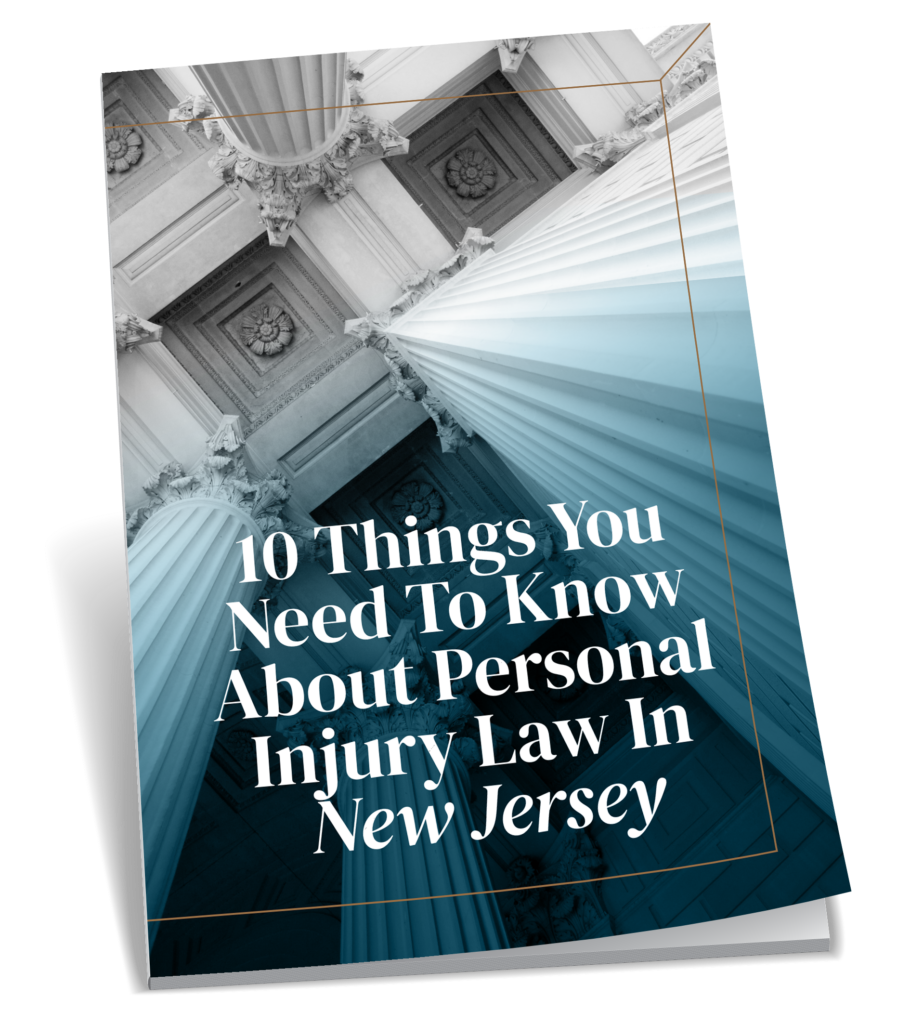
Every working person deserves to be safe at work. From office jobs to construction jobs, this proposition applies across the board. Even the most risky jobs must have built-in safety procedures designed to keep employees safe from harm.
In New Jersey, the Division of Public Safety and Occupational Safety and Health enforces the state laws requiring employers to provide a safe working environment for employees. These laws protect workers in both public and private sector jobs in New Jersey. As an employee in the state of New Jersey, you are entitled to a safe workplace.
Examples of Unsafe Practices and Hazards at Work
While most employers attempt to comply with the New Jersey regulations for health and safety at work, sometimes they fall short. When a lack of diligence and care causes a workplace injury to an employee, the employer may be held responsible.
An example of a dangerous work practice may involve exposing a worker to hazardous chemicals or materials. Whether the job involves the handling of hazardous chemicals, or the employee works in a setting where hazardous materials are present, it doesn’t matter. Employers must make reasonable efforts to ensure the safety of employees and ensure they are not exposed to hazardous chemicals.
Another example might involve an employee's work with industrial machinery. Heavy equipment operation typically requires training and safety equipment in order to keep employees safe. Failure to provide proper training and equipment may be unsafe and against the law, and employers or others may be held responsible for resulting injuries.
Other examples of unsafe worksite injuries might involve construction site falls from ladders, ledges, roofs and other structures. Employers, general contractors and subcontractors may be liable for using the wrong tools for the job required, or failing to provide adequate safety gear for employee use. Inadequate lighting and lack of proper worksite maintenance can also cause injuries.
Just as you must follow certain procedures to complete your job, your employer is also responsible for following certain safety requirements under New Jersey law.
What to Do After an Injury in a Dangerous Workplace
First, always seek the medical care that you need after any injury. Be sure to keep any and all receipts, bills and other paperwork. Do not sign a waiver or release of liability from anyone, including your your employer, until discussing your options with a lawyer.
Contact an experienced personal injury lawyer at The Reinartz Law Firm for your workplace injury matter. We will analyze the facts of your case, explain your rights and aggressively pursue a claim on your behalf if appropriate. Put us to work for you.
